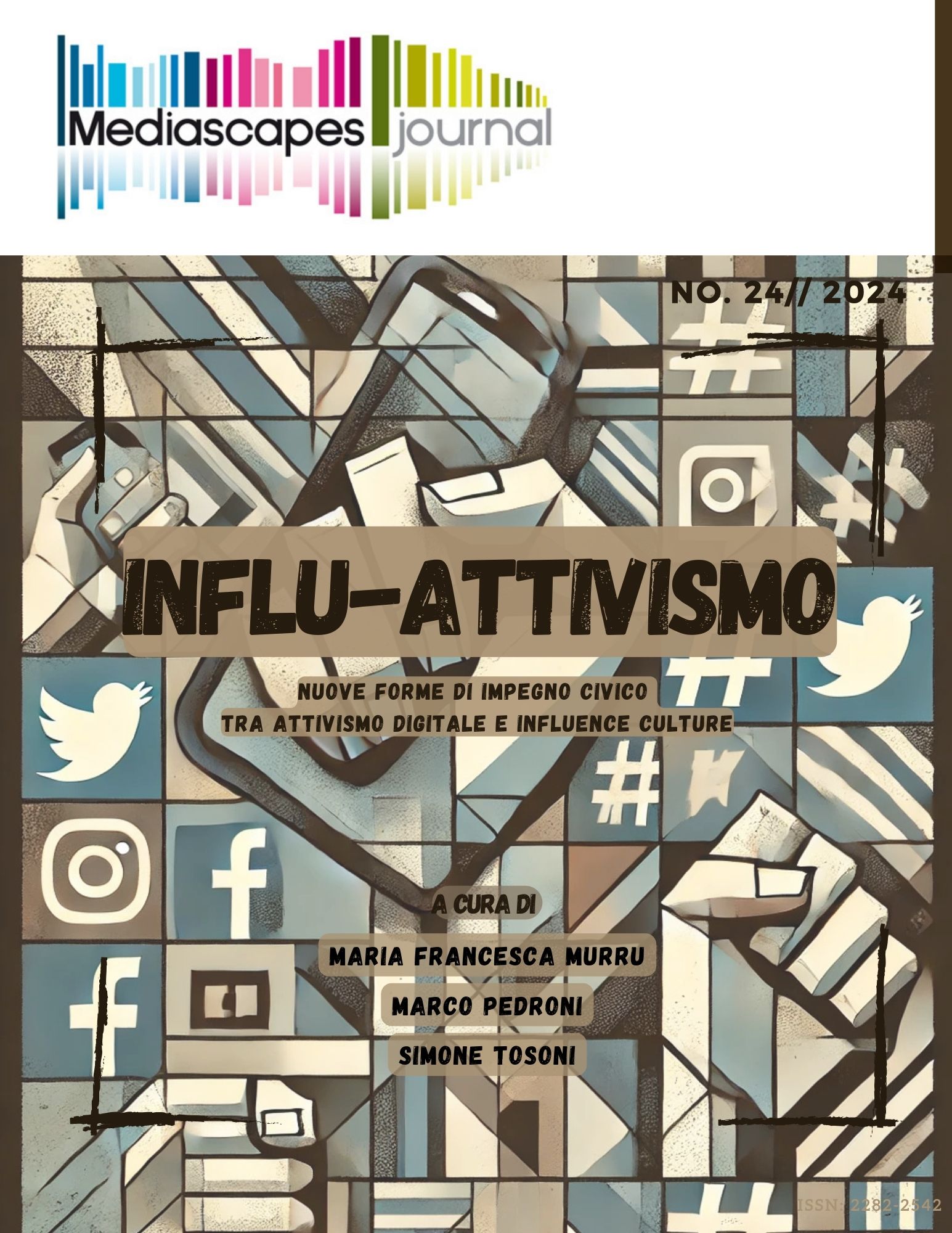#travelforall
Influencer culture, digital activism and marginalised identities
Keywords:
influencers, advocacy, activism, disability, social changeAbstract
This paper explores the nexus of influencer culture, marginalized identities, and social change advocacy through a case study of disabled Instagram influencers. Influencers are increasingly engaging with important social issues and, at the same time, advocacy organizations and institutions – from startup non-profit PR agencies to the U.S. Biden administration – are courting them to reach new audiences. While marketing scholars have extensively researched the economic relevance of influencers, their potential role as advocates is relatively underexplored. To address this gap, this study analysed six months of content (N=467) from 8 disabled Instagram influencers focused on travel. Travel, a commercially relevant topic, intersects with several disability rights issues (e.g. accessible transportation, built environment design, inclusive hospitality, etc.). The apparent contrast between disability as a historically stigmatized identity and the expectations of social media culture provides an opportunity to investigate these phenomena alongside marginalization. Building on the situational theory of publics, we examined self-representations of disability, their relationship with hegemonic narratives, the relationship between market-oriented and issue-oriented content, how these influencers address brands, organizations, and online publics, and whether they nudge them toward action. Results show a marked prominence of disability-related content and a frequent engagement with disability advocacy themes, but kept separate rather than overlaid onto commercial content. Advocacy content is presented from a personal perspective without appeals to participate in action, with a tone that contrasts with the grievance framework typically used in advocacy. As such, innovative forms of advocacy are emerging that prioritize lived experiences as positive and ‘authentic’ – in contrast with dominant disability narratives – but are also restricted to the individual level without a link to collective mobilization. This highlights the potential and limitations of social media influencers as advocates, suggesting that this phenomenon ought to connect to other activation processes and organized activism to move beyond awareness-raising.
Downloads
Published
How to Cite
Issue
Section
License

This work is licensed under a Creative Commons Attribution 4.0 International License.
Mediascapes Journal is published under a Creative Commons Attribution Licence 4.0.
With the licence CC-BY, authors retain the copyright, allowing anyone to download, reuse, re-print, modify, distribute and/or copy their contribution. The work must be properly attributed to its author. It should be also mentioned that the work has been first published by the journal Anuac.
Having published these contributions for the first time, Mediascapes Journal will have the right to publish them integrally or partially as reprints or possibly as part of a thematic issue, in both digital and printed format.
It is not necessary to ask further permissions both to author or the journal.


